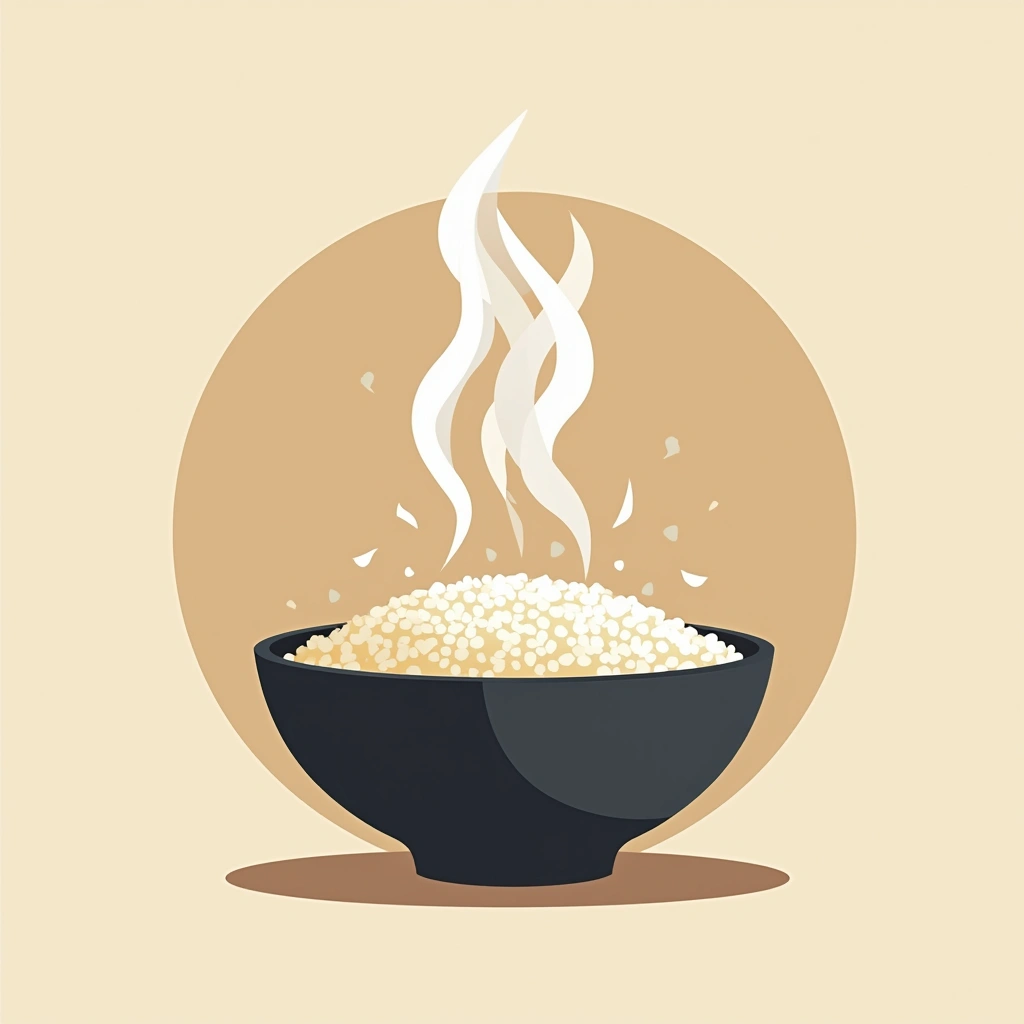Confucius Habit Harmonious Living Through Timeless Principles
Confucian Wisdom for Daily Life
Confucius, a sage whose teachings have resonated for millennia, offers a profound path to personal and societal harmony. His wisdom, distilled into practical habits, emphasizes ethical conduct, reverence, and continuous self-cultivation. By embracing these principles, individuals can foster stronger relationships, contribute to a more just society, and cultivate inner peace.
These habits are not rigid rules, but rather guiding principles designed to foster a life of virtue and balance. They focus on key areas such as family respect, responsible governance, mindful communication, and the importance of ritual in daily life. Integrating these practices offers a framework for navigating the complexities of modern life with grace and integrity.
Delve into Confucius' habits to discover a timeless path to ethical living and a more harmonious world, starting with your own daily actions.
Filter Habits
 Confucius's Habit Sets
Confucius's Habit Sets

Daily Family Reverence
Prioritize respectful interactions with parents and elders, even when disagreeing with their actions. Focus on maintaining harmony through gentle guidance rather than confrontation.
Why This Matters
Confucius believed filial piety anchored moral character and societal stability. He emphasized balancing reverence with ethical judgment to preserve familial bonds while upholding principles.

Economical Governance
Practice frugality in resource management and prioritize public welfare over excess. Align policies with seasonal needs to avoid burdening communities.
Why This Matters
Confucius advocated simplicity to cultivate trust in leadership. He tied responsible resource use to the ruler's moral legitimacy and the people's prosperity.

Thoughtful Communication
Reflect thoroughly before speaking to ensure words align with intent. Honor commitments made verbally to build trust.
Why This Matters
Confucius saw speech as a moral act requiring integrity. Precise language prevented misunderstandings and modeled reliability for social harmony.

Ancestral Offering Rituals
Conduct regular, meticulous sacrifices to ancestors using fresh, seasonal offerings. Maintain solemnity to honor familial continuity.
Why This Matters
Confucius viewed ancestral rites as spiritual anchors connecting past and present. Proper practice reinforced filial duty and cosmic order.

Reciprocity Practice
Base decisions on the principle of not imposing undesired actions on others. Evaluate choices through others' perspectives.
Why This Matters
Confucius considered reciprocity (*shu*) fundamental to ethical conduct. This habit prevented exploitation and nurtured empathy across social hierarchies.

Humility in Daily Living
Cultivate unpretentious behavior at home and in public. Reject ostentation in possessions or speech.
Why This Matters
Confucius associated humility with wisdom. He believed simplicity revealed true character and prevented arrogance from distorting judgment.

Ritual-Centered Conduct
Structure daily interactions using prescribed etiquette to express respect. Adapt ceremonies to preserve their ethical essence over rigid formality.
Why This Matters
Confucius saw rituals (*li*) as tools for moral cultivation. Proper use maintained social roles while allowing graceful adaptation to changing contexts.

Continuous Self-Examination
Scrutinize motives and actions daily. Align personal conduct with ethical ideals rather than external validation.
Why This Matters
Confucius prioritized sincerity (*cheng*) as the root of virtue. Regular introspection prevented self-deception and nurtured authentic moral growth.

Cautious Consumption
Eat simple, well-prepared meals in moderation. Avoid spoiled or overly elaborate foods to maintain physical and mental clarity.
Why This Matters
Confucius linked dietary discipline to self-mastery. Mindful eating reflected respect for life's sustenance and prevented indulgence from clouding virtue.

Purposeful Learning
Study historical texts and arts to extract timeless principles. Apply insights to contemporary challenges through analogical reasoning.
Why This Matters
Confucius believed wisdom emerged from synthesizing past and present. This habit cultivated adaptable understanding over rote memorization.

Community-Centered Service
Prioritize collective welfare in professional and personal decisions. Measure success by communal benefit rather than individual gain.
Why This Matters
Confucius envisioned governance as moral stewardship. This habit extended leadership responsibility to all, fostering interdependent social networks.

Adaptive Tradition Use
Revive ancient practices by reinterpreting their core values for modern contexts. Avoid blind adherence to outdated forms.
Why This Matters
Confucius saw tradition as living wisdom requiring contextual application. This habit balanced reverence for the past with pragmatic innovation.

Moral Composure Maintenance
Cultivate emotional equilibrium during adversity through ethical conviction. Avoid resentment by aligning actions with duty (*yi*).
Why This Matters
Confucius associated composure with integrity. Steadfastness in hardship demonstrated commitment to principles over transient comfort.

Critical Friendship Nurturing
Offer constructive feedback to friends pursuing moral growth. Withdraw tactfully if advice is persistently ignored.
Why This Matters
Confucius valued friendships that reinforced virtue. This habit balanced loyalty with the responsibility to guide others toward ethical conduct.

Spiritual Mindfulness
Acknowledge cosmic forces (*Tian*) through daily reverence. Integrate spiritual awareness into mundane activities.
Why This Matters
Confucius connected ethical living to cosmic order. Mindfulness of higher principles prevented moral complacency and grounded actions in purpose.
Key Takeaways
Confucian habits provide a powerful framework for ethical and balanced living. These practices, rooted in ancient wisdom, offer profound insights for navigating modern life.
- Family and Reverence: Prioritize respectful family interactions and honor elders, understanding filial piety as the foundation of moral character and societal stability.
- Ethical Governance and Responsibility: Embrace frugality and public welfare in all leadership roles, recognizing responsible resource management as crucial for societal trust and prosperity.
- Mindful Communication and Integrity: Practice thoughtful communication and honor commitments, understanding speech as a moral act vital for building trust and social harmony.
- Ritual and Tradition with Purpose: Engage in rituals and traditions with intention, focusing on their ethical essence rather than rigid formality to maintain social order and connect with heritage.
- Personal Reflection and Self-Improvement: Commit to continuous self-examination and align actions with ethical ideals, fostering sincerity and authentic moral growth.
- Balanced Living and Moderation: Cultivate moderation in consumption and maintain mindful awareness in daily activities, recognizing the connection between physical and mental clarity.
- Learning and Adaptability: Pursue purposeful learning from history and apply wisdom to contemporary challenges, fostering adaptable understanding and innovation.
- Community and Service: Prioritize community welfare in all decisions, measuring success by collective benefit and fostering interdependent social networks.
- Moral Fortitude and Composure: Maintain moral composure in adversity, aligning actions with duty and demonstrating steadfastness in the face of hardship.
- Virtuous Relationships: Nurture critical friendships that encourage moral growth and offer constructive feedback, balancing loyalty with ethical guidance.
Start integrating these Confucian habits into your daily life today and embark on a journey towards a more virtuous, balanced, and harmonious existence.